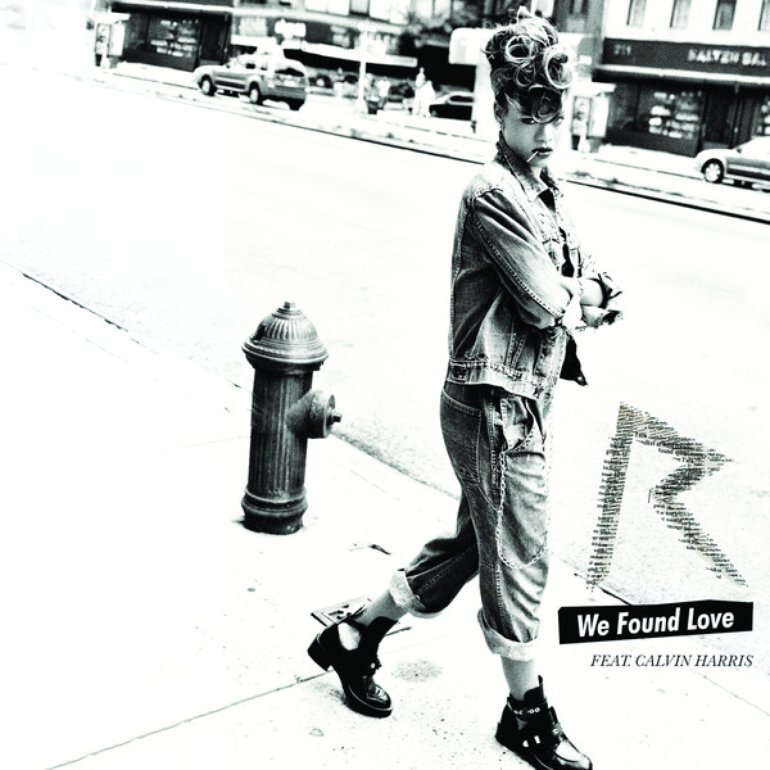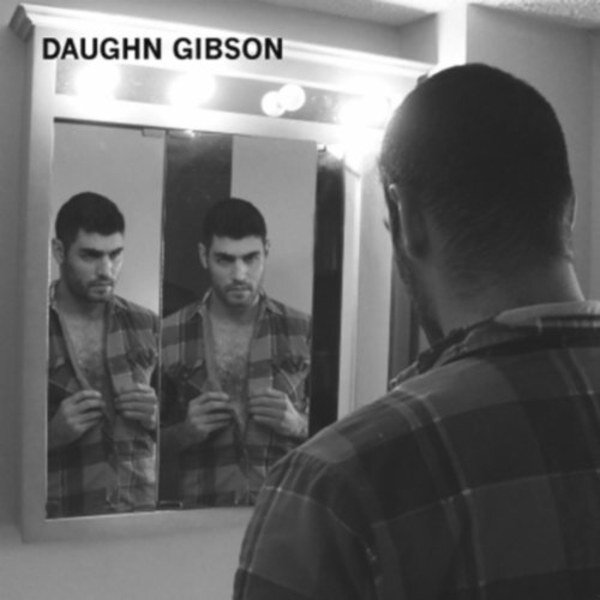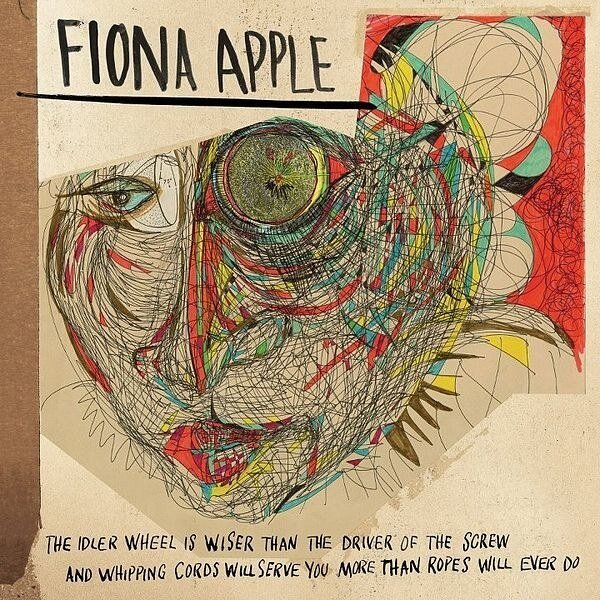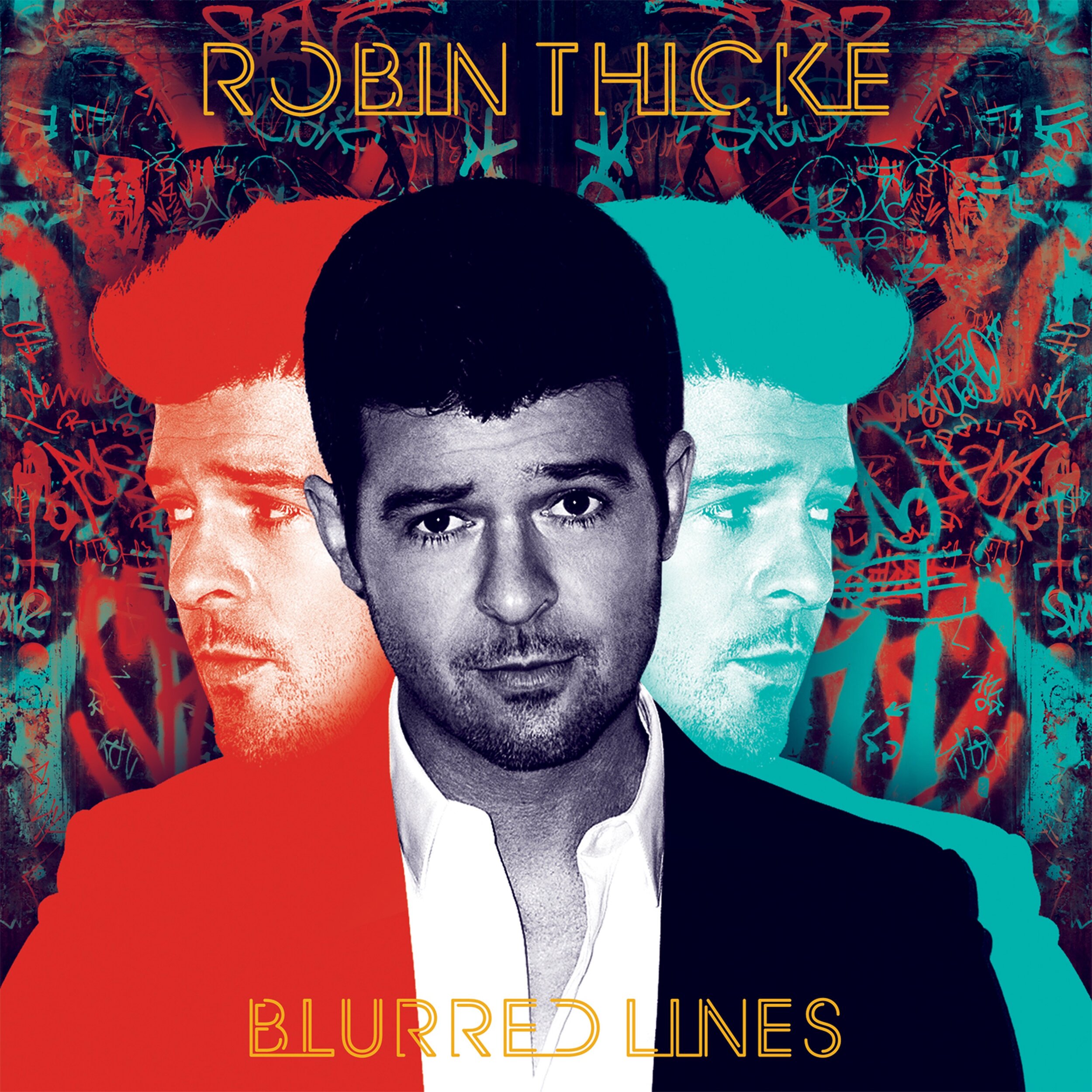FKA Twigs’ reputation precedes her. Since her 2014 debut, LP1, Twigs has released the odd morsel (including the stunning EP M3LL155X) to abate her fiercely loyal fans. Despite their quality, these releases have felt ancillary. Stepping-stones to an inevitable sophomore album. That sophomore arrives in Magdalene, a wounded work which both defies and exceeds expectations.
Twigs' M.O. is a clinical, slightly frightening deconstruction of female sexuality and power. A former Beyonce backing dancer, Twigs knows the dichotomous nature of objectification. To be something both desired and disposable. To feel eyes which linger before they pass. Her name refers to the cracking of her joints when dancing — a reminder of the physicality of dance; the strength and power requisite for grace.
Magdalene extends and deepens this deconstruction with compassion and cutting maturity. Twigs’ widely publicised fight with fibroid uterine tumours left her living with ‘a fruit bowl of pain’. A Spike Jonze-shot Apple ad featured a Twigs who, unbeknownst to the public, bore a searing surgical cut which reopened and bled as she danced. Rooted, as you’d expect, in the gospels, Magdalene is a product of great pain and eventual resurrection. It shoots for the irresistible melodrama of the Passion, and somehow holds together through it all.
The second half of this LP is more raw and emotive than anything Twigs has ever recorded. Its measured pace may discourage some long-time fans expecting the voguing Twigs of LP1. And when Twigs does try to capture this energy in the Future-featuring Holy Terrain, the result is a track which feels asynchronous with the album it sits in. It’s still more banger than clanger — but somehow disconnected from its peers.
Crucially, Twigs still dodges definition. Her work is difficult to categorise, straddling more genres than you can count and doing stuff all of its own on top. Whatever Magdalene is, it bodes well for the future. Twigs has been through the wringer, but emerges refreshed and better than ever.
Magdalene is available for purchase and streaming here.
Words by Andrew O’Keefe






























